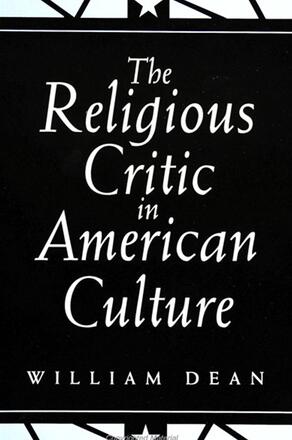
The Religious Critic in American Culture
Alternative formats available from:
Description
This book provides a new rationale for "religious criticism" in American society. First, Dean shows why today's academic intellectuals are relatively indifferent to questions of meaning in America, pointing to the loss of American "exceptionalism," the professionalization of the academy, and the rise of post-structural criticism. He then shows how intellectuals may reclaim a prophetic role by offering a new theory of the nature of religious thought. Tracing this theory to a twentieth-century emphasis on conventions, Dean provides a way to understand how imaginative social constructions can become active historical conventions, with real historical force. He suggests that the sacred itself begins as an imaginative construct and becomes a convention, thus working as an active, "living" force in history. Finally, Dean argues that religious critics must now reclaim a responsibility for shaping their society's sacred conventions.
William Dean is Professor of Religion at Gustavas Adolphus College. He is currently Chair, Philosophy of Religion Section of the American Academy of Religion and Vice President of the Highlands Institute for American Religious Thought. He is also the author of American Religious Empiricism, and History Making History: The New Historicism in American Religious Thought, both published by SUNY Press.
Reviews
"William Dean has written a powerful book for our time—the best case for serious public intellectuals we have!" — Cornel West, Harvard University
"This book engages the reader in an exploration of a related set of ideas, ideas that are timely, complex, challenging, and open-ended. Every page, including many of the footnotes, is an invitation to look further and to reconsider received opinion. Few readers will have read as widely or as carefully." — Robert L. Payton, Indiana University
"A thoughtful, persuasive case for the overdue reunion of religion with intellect in the public square. William Dean restores perspective to the most important debate of our time." — Hodding Carter